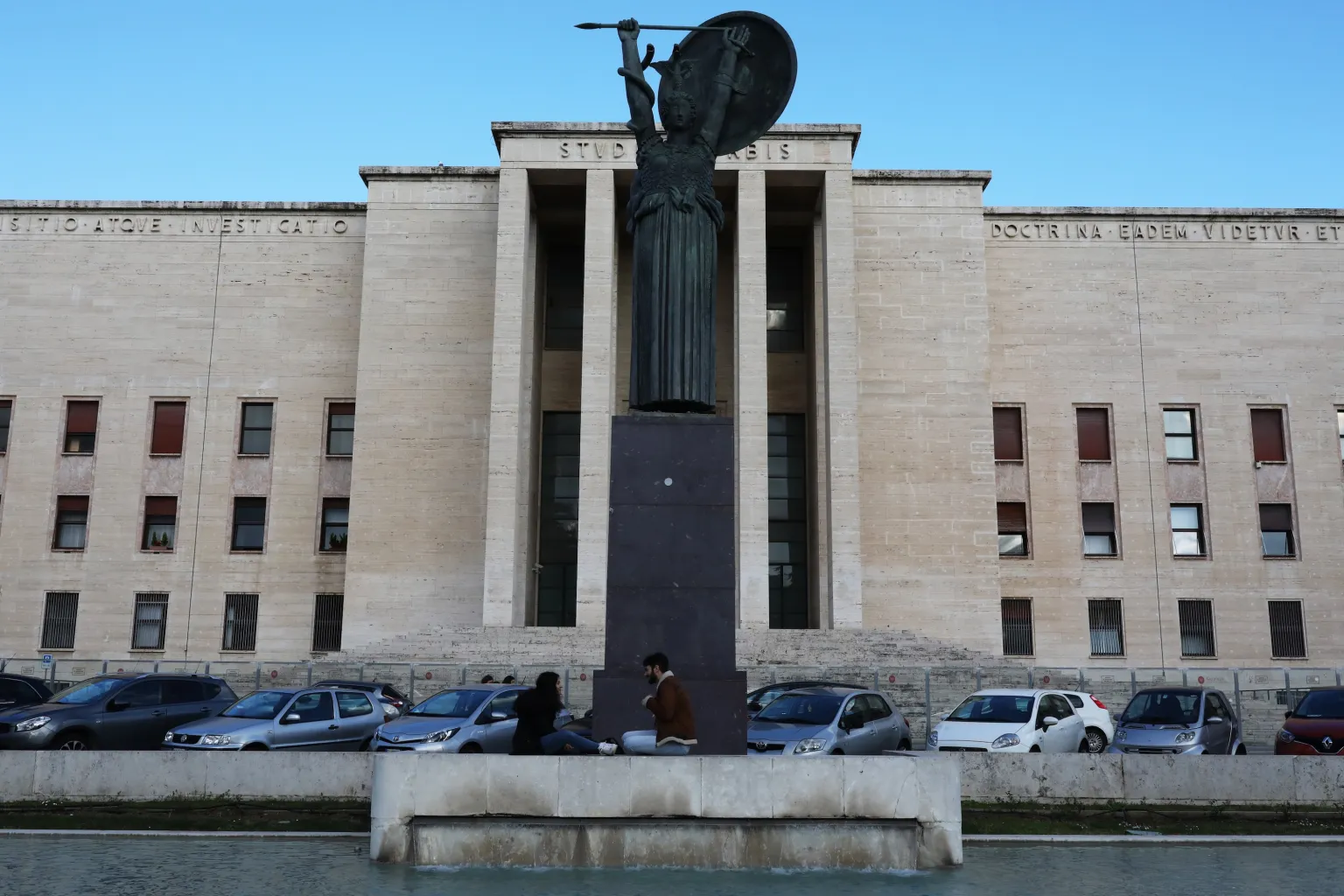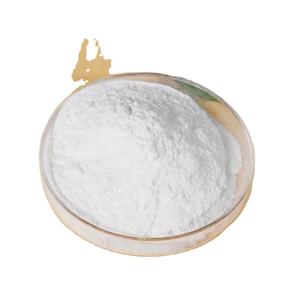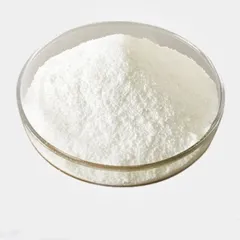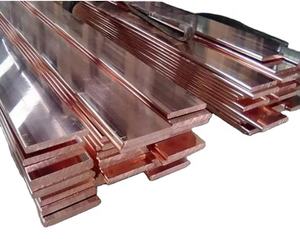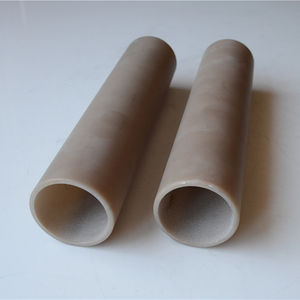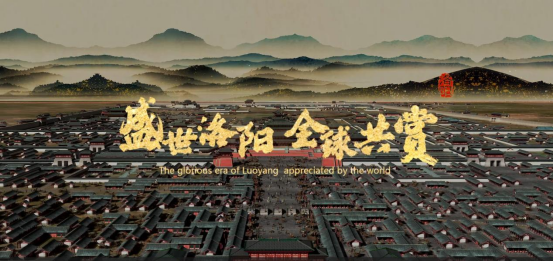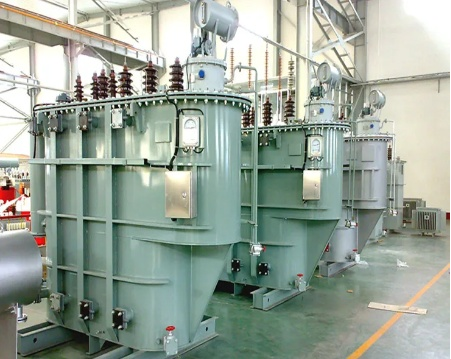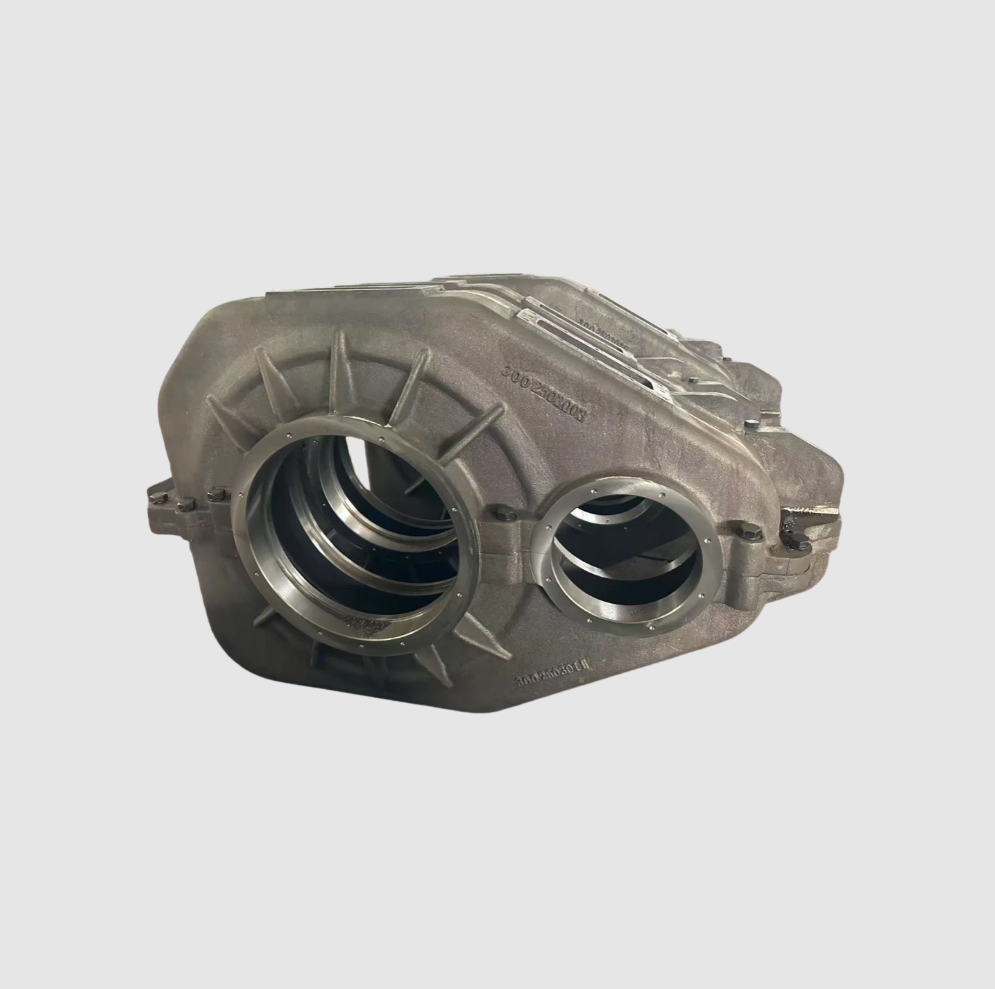
Every component in a train system have to work well. This keeps the system secure and efficient. Railway casting parts are very important. They give support, connect things, and conduct signals. Their high quality impacts exactly how stable the railway network is. When you get these components for South Africa, South America, or Russia, you must find great suppliers. To be effective, you need to recognize the local technical rules. Here are 5 vital high quality criteria you have to constantly comply with.
1. Material Structure & Mechanical Properties: The Foundation of High quality
The performance of actors iron relies on its particular chemical structure and spreading procedure, and have to satisfy the global or local criteria of the target audience. A trustworthy railway spreading components supplier will supply full material traceability.
1.1 Composition Requirements: Have to abide by criteria such as International Requirements (ISO), European Standards (EN), Russian GOST criteria, or those typically made use of in South America like IRAM (Argentina) and ABNT NBR (Brazil). The content of damaging aspects like phosphorus and sulfur must be purely controlled.
1.2 Mechanical Properties: Focus on tensile stamina, yield strength, hardness, and elongation. For ductile iron, refer to criteria such as ISO 1083, EN 1563, or GOST 28394. Purchase should need suppliers to supply material certifications and mechanical examination reports that comply with the target market’s needs.
(Railway Cast Iron Gearbox)
2. Dimensional Precision & Resistance Control: Making Certain a “Perfect Fit”
Train jobs worldwide have strict demands for dimensional interchangeability; any kind of discrepancy can impact system integration. Precision is a mark of superior train spreading producers.
2.1 Important Measurements: All user interface dimensions and mounting hole placements for all train spreading components must be 100% checked.
2.2 Resistance Standards: Must adhere to worldwide recognized standards like ISO 2768, or particular resistance requirements explicitly set with the client. For the Russian and CIS markets, unique focus must be paid to complying with appropriate tolerance requirements in GOST 30893.
3. Limitations on Casting Problems: Getting Rid Of Internal Hidden Dangers
The approval requirements for casting issues must be clearly specified in agreements and based upon internationally or regionally recognized requirements. Leading railway casting parts manufacturer procedures employ extensive non-destructive testing.
3.1 Surface area Flaws: Specifications like ISO 8062 can be referenced for analyzing casting surface area quality. Splits, cold shuts, and various other defects affecting service are not permitted.
3.2 Interior Defects: For essential load-bearing train spreading parts, non-destructive screening (e.g., ultrasonic, radiographic) must be carried out according to requirements like ISO 4990, EN 12680, or the GOST R 55724 collection, with clear acceptance degrees for issues.
4. Metallographic Structure & Internal Top Quality
The tiny framework of the product is the essential basis for evaluating whether its inner quality satisfies the standard. This is an essential look for any specialist train casting parts supplier.
4.1 Ductile Iron: The assessment of nodularization rate must comply with standards such as ISO 945-1 or GOST 3443 to ensure its mechanical buildings meet the needs for use under complex working conditions.
4.2 Graphite Morphology & Matrix Structure: The metallographic inspection record is an essential paper for confirming the stability of the production process and need to adhere to the appropriate worldwide or regional requirements.
(Railway Cast Iron Gearbox)
5. Anti-Corrosion Treatment & Surface Area High Quality: Withstanding Harsh Environments
Given South Africa’s coastal high salinity, South America’s tropical rain forest humidity, and Russia’s extreme cool and de-icing salts, anti-corrosion therapy for railway casting parts is important.
5.1 Therapy Processes: Specify the sort of anti-corrosion process, such as hot-dip galvanizing (ISO 1461), epoxy coating, and so on, and specify vital indications like coating thickness, bond ( e.g., ISO 2409), and salt spray resistance ( e.g., ISO 9227).
5.2 Regional Standards: Have to focus on details demands of the target market, such as Russia’s GOST 9.307 anti-corrosion system certification, or South Africa’s SANS (South African National Requirement) standards. A global train casting producers will know with these varied requirements.
Luoyang Fonyo Heavy Industries Co., Ltd. is a leading producer of heavy commercial spreadings and parts, focusing on giving premium steel spreadings, including carbon steel, high manganese steel, alloy steel, and heat-resistant steel spreadings. With a detailed solution design integrating design, casting, machining, and solution, Fonyo makes certain that each item satisfies rigorous top quality and performance standards to please the demanding needs of numerous hefty sectors.
If you are looking for a trusted supplier of Railway casting parts manufacturer, Luoyang Fonyo Heavy Industries Co., Ltd. is your ideal choice. Visit Fonyo’s official website (www.railwaypart.com) for more product information and technical support!
All articles and pictures are from the Internet. If there are any copyright issues, please contact us in time to delete.
Inquiry us


